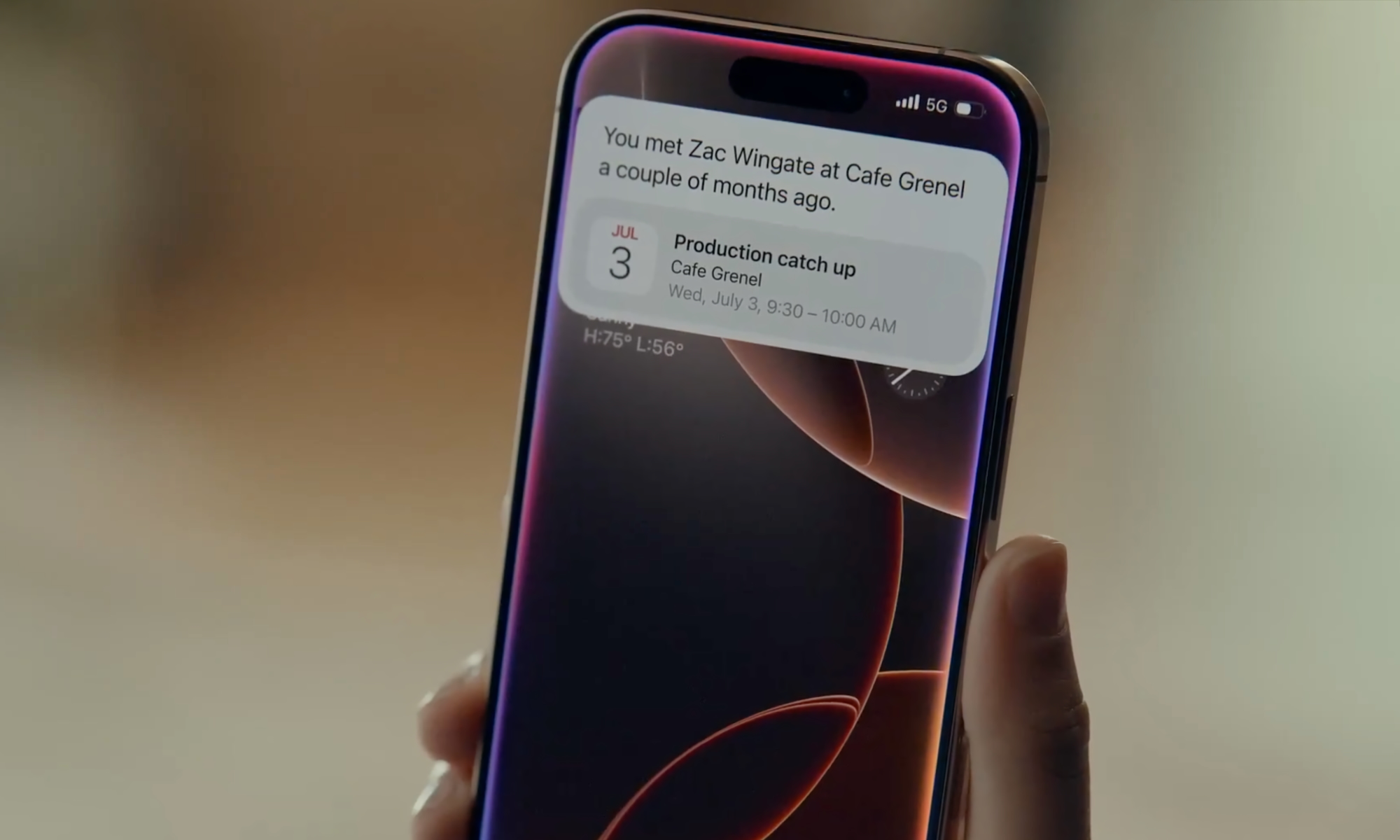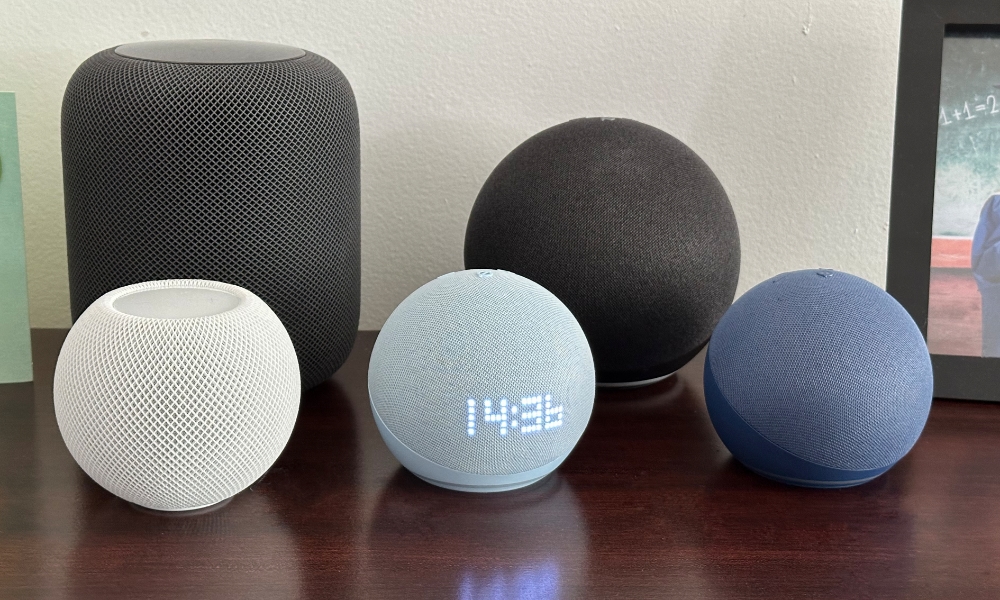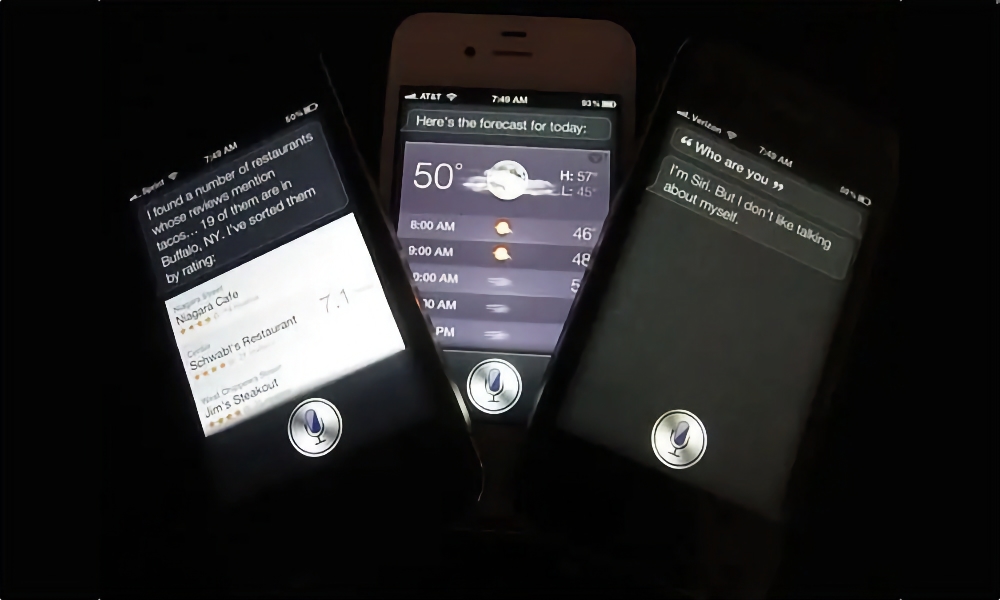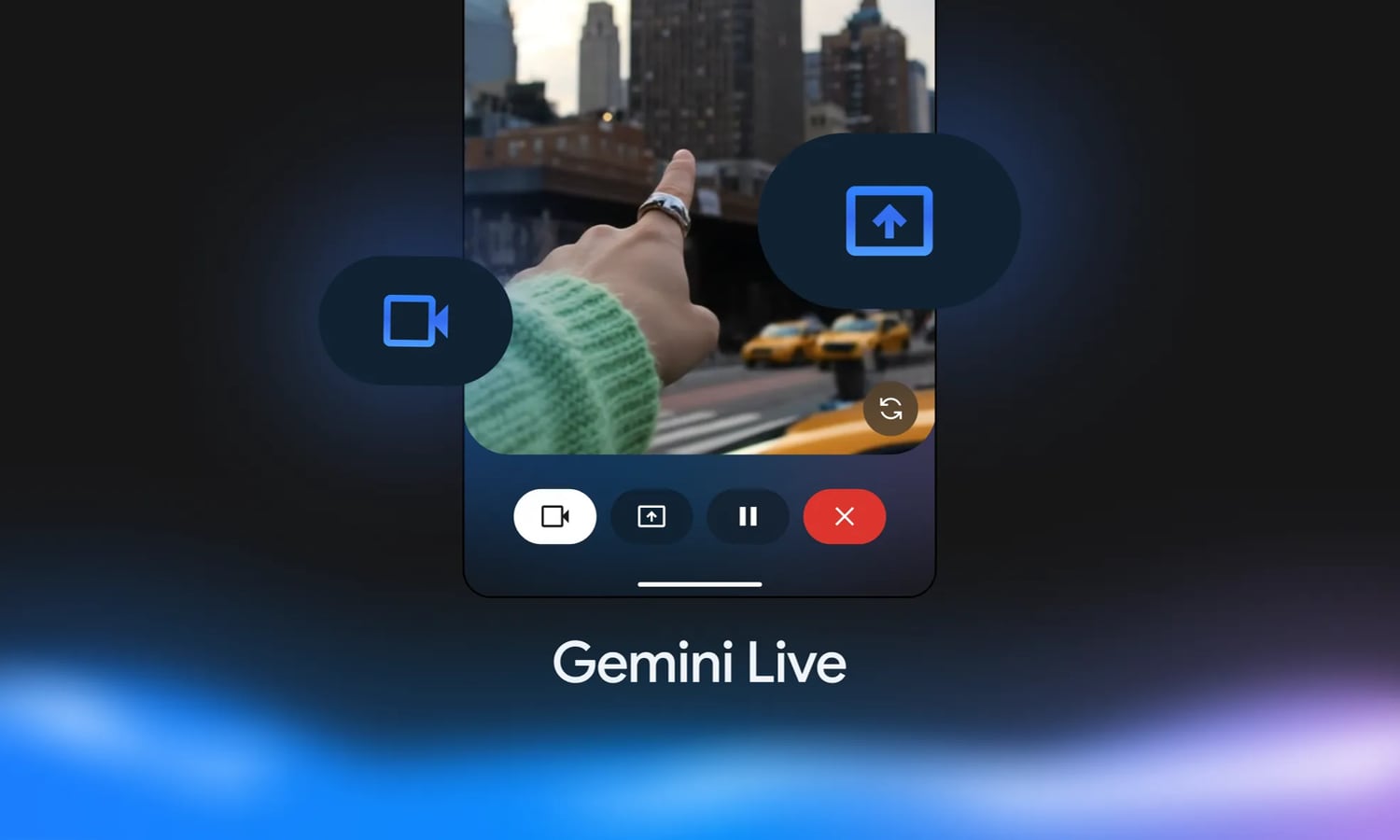A Smarter Siri Is Coming. Will Anyone Actually Use It?
 Apple
Apple
Toggle Dark Mode
It was 2011 when Apple unveiled Siri during the launch of the iPhone 4S. It was an innovation that led many of us to dream of an era of Star Trek-like interaction with our technology. Sadly, it’s been 14 years, and we’re not much further ahead than we were when a 3.5-inch iPhone screen was still considered state of the art.
It doesn’t help that Apple seemed a bit lost on what to do with Siri after Steve Jobs passed away. The voice assistant had been a pet project of the legendary CEO and then-software chief Scott Forstall, but by 2012, Jobs was gone and Forstall had been shown the door by new CEO Tim Cook. From there, Siri spent the next several years languishing in relative obscurity while rivals like Amazon’s Alexa and Google Assistant came on the scene and edged past it.
That’s not to say those other voice assistants have lived up to all their promises either. There are plenty of areas where both Google and Amazon excel, particularly in answering broader questions about the world around us. Amazon, in particular, was compelled to innovate due to the voice-first nature of the experience, but it’s still far from flawless. The grass is always greener on the other side, as they say. While Siri gets a lot of flak, anyone who has spent any significant amount of time living with Amazon or Google Assistant over the years (as I have) will quickly find that those platforms also have their shortcomings.
Nevertheless, while Apple has recently begun taking Siri more seriously, so have its rivals, and they’ve had more of a running start. Google, in particular, chose to retire “Assistant” and replace it with its new Gemini AI, creating “Gemini Live” as the new default experience on all Android devices (and in its Gemini app for iOS). It’s far from perfect, but it does provide the kind of fully conversational experience that folks have long desired from Siri.
Apple has tacitly promised that it will get there, but the iPhone maker has its work cut out for it. It’s said nothing official about a conversational Siri, but even its first phase of improvements — empowering Siri to ferret out relevant details on your life from the data on your iPhone, the way a human assistant could — failed to meet its promised iOS 18 release window and now isn’t expected until next year. A conversational Siri isn’t expected to arrive until sometime after that — likely in early 2027 if reports from typically reliable sources are accurate.
Does It Matter?
All of this sounds very exciting, but the broader question may be whether Apple and its rivals are pursuing technology for its own sake. Creating a solution in search of a problem, if you will.
Certainly, a smarter Siri sounds exciting for technology enthusiasts, but it’s something that likely doesn’t matter as much to everyday iPhone users. Most folks simply aren’t demanding as much from their voice assistants as tech pundits think they are.
A recent YouGov survey shared by Rani Molla at Sherwood News reveals that most US adults are still using voice assistants for the same basic tasks that were common when Siri launched over a decade ago. While it’s easy to blame this on Siri’s limited capabilities, it’s important to note that this survey didn’t zero in on any one specific voice assistant, suggesting that it’s roughly the same across every platform.
The survey is broken up by generational age group, but the number one use for Siri and other voice assistants, from Baby Boomers to Gen Z, turns out to be checking the weather, ranking at 59 percent of respondents overall.
It remains somewhat basic from there, with 51 percent saying they call on Siri, Alexa, and others to play music, 47 percent using them to “check the web for an answer,” 40 percent setting timers and alarms, and 39 percent making hands-free calls. Ironically, that last one is something that the iPhone and even feature phones could do long before Siri came along.
Those top five are used by roughly 40 percent or more of all respondents, with hands-free calling sitting just below the mark at 39 percent across all age groups. Lower-ranked options include sending and receiving messages, making calendar appointments and setting reminders, checking traffic, making to-do lists, and controlling devices in the home.
Molla notes that little has changed since 2018, when she made a similar chart using Adobe data.
It isn’t entirely that folks don’t want their voice assistants to do more. However, a significant part of the challenge, according to Molla, is that they’ve effectively become disillusioned with the technology:
Some 27% of smart assistant users said their main problem with the technology is that it doesn’t understand their requests, while another 12% cited a lack of accuracy and another 10% said digital assistants aren’t as smart as they expected them to be.
Rani Molla, Sherwood News
However, this complaint isn’t being lodged solely against Siri. Folks who have used Alexa, Google Assistant, and others have expressed similar frustrations. It doesn’t take too many wrong answers or misunderstandings before people get to a point where it’s easier to reach for their smartphone, tablet, or laptop.
A decade of these experiences has soured many people on not only Siri, but voice assistants in general. Even when Siri eventually achieves borderline sentience, many folks will have a hard time trusting it to be anything less than the same frustrating experience.
Gemini Live is much closer to realizing that vision, but it’s still facing many of the same challenges in getting everyday users to adopt it for more than basic tasks. Google hasn’t released any official statistics, but there’s plenty of anecdotal evidence from online user communities that suggests a mixed reception, and that’s among those who are plugged into the technology world enough to be sharing their experiences. For quick, factual queries, many users still default to a standard Google search out of habit and speed, and a significant number of users are still accustomed to the simpler, command-based interactions of the previous Google Assistant.
Siri will likely face the same struggles, with experienced iPhone users who have already effectively written it off, and those who still don’t expect it to do anything more than report the weather and set reminders and timers. It will likely take years before Siri and other voice assistants become a natural part of people’s everyday lives, as it has a decade of bad experiences to live down.











